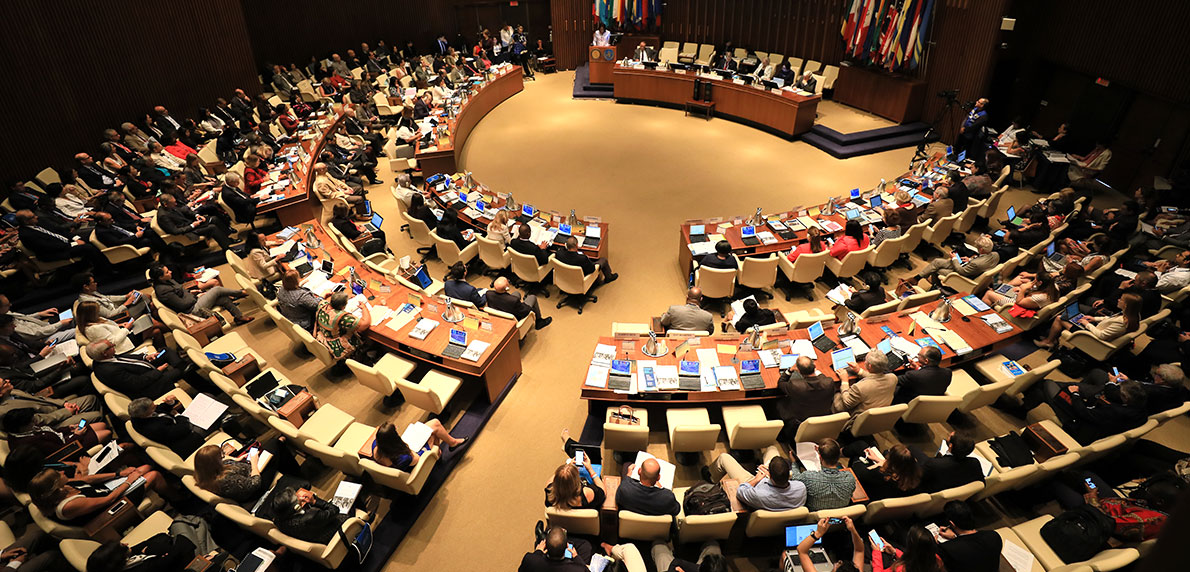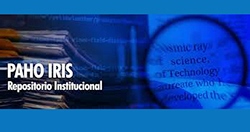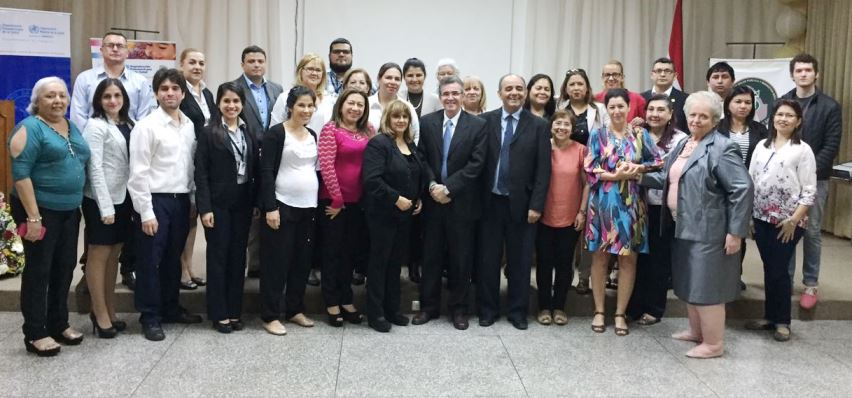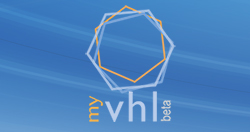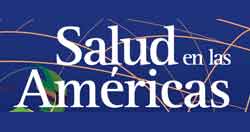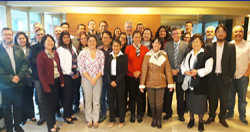The 29th Pan American Sanitary Conference, held at PAHO/WHO Headquarters in Washington, DC, on September 25-29, 2017, which brought together the Ministers of Health of the Americas to discuss regional health priorities, culminated after a week of discussions with the adoption of a new health agenda for the Americas and a series of strategies and action plans to address the health challenges of the coming years. The Latin American and Caribbean Center on Health Sciences Information (BIREME) was on the agenda with two main themes: (1) institutional development situation; and (2) replacement of the member countries of its Advisory Committee.
29th Pan American Sanitary Conference
